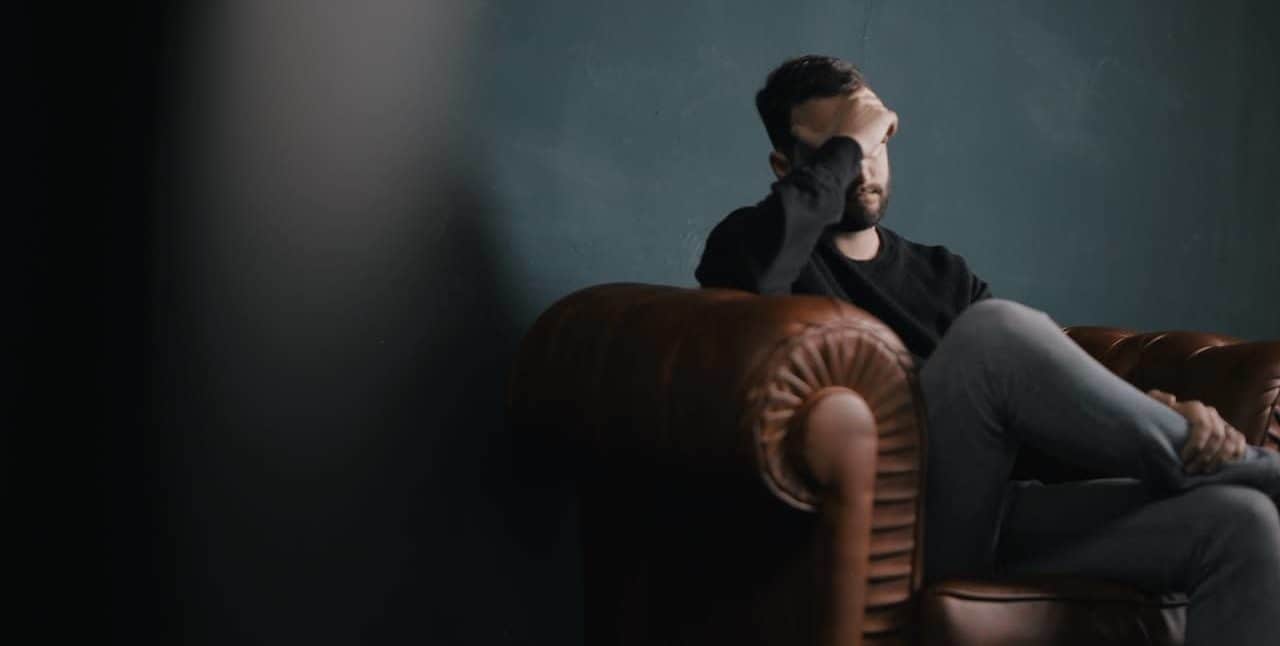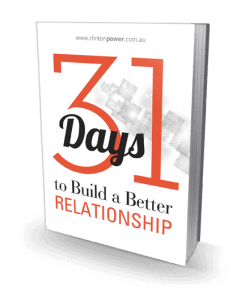How to Find a Gay Therapist: 6 Things to Look For
Having a therapist who supports you and has experience with LGBTQIA+ issues is important for you to get the guidance you need.
If you need to find a gay therapist, you may not need to work with a therapist who is gay but rather a therapist who is informed and affirmative about gay issues, experiences, and identities.
A gay therapist is not someone that you only speak to about gay topics, either. Your gay therapist should be a professional whom you can speak to about all problems you encounter, emphasising being able to help you address discrimination and positively handle gay issues.
Here are 6 things to look for when searching for a gay therapist.
1. More than gay-friendly
As a therapist of LGBTQIA+ people, it’s not enough to be gay-friendly. As an LGBTQIA+ person, it’s essential to look for a therapist who is both gay-informed and provides gay-affirmative psychotherapy.
While it’s necessary to be open and welcoming to you as an LGBTQIA+ person, it’s equally vital for your therapist to understand the issues that you face and to affirm your LGBTQIA+ identity.
There’s nothing wrong with you for being gay, and you deserve to be treated with positive regard. The issues that you face as part of the LGBTQ community as a lesbian, gay, bisexual, queer, transgender, or non-binary individual who lives in a hetero-normative world are different from the problems a straight person will face.
If your therapist is not informed about the experiences and unique challenges you struggle with, they can’t help you the way you need. Therefore, it’s crucial to find a therapist with these values and beliefs to provide the counselling and support services that you need.
2. Need to find gay therapist? Consider online therapy
You can use the internet to find a gay therapist who provides online therapy and use it as a vehicle to facilitate your therapy. There are many resources available online to help you source a therapist. These includes databases of mental health professionals (local or specialised), websites for professional associations, support groups, and forums.
If you can’t find a local therapist who can provide a safe space and meet your needs, distance therapy (or online therapy) is another avenue to pursue. This alternative to traditional treatment allows you to reach a broader range of counsellors in various locations.
It’s imperative that you find a counsellor who’s a good fit for you so you can show your authentic self and help you with self-discovery. Don’t settle for less than you need because you can’t find the right local professional who can address your anxiety disorders and trauma from family violence and who can help you build resilience.
Therapists often offer different forms of online therapy to reach clients in different locations and to meet a range of different needs. Ask your therapist about the options they provide for distance therapy.
3. Interview your therapist
Once you’ve found a therapist or two you think you might be a good fit, it’s time to interview them. You can either arrange a consultation with them or set up a phone call to ask them questions. In this way, you can get a feel for their attitude and approach.
Prepare a list of questions to ask during the interview to help you get a sense of their views on and experience with LGBTQI+ people and issues. Here are some questions to consider:
- Do you have any trans friends or family?
- Have you worked with other lesbian couples?
- Are you comfortable talking about LGBTQIA+ sexual issues?
- Do your personal or religious feelings prevent you from discussing some aspects of gay life?
- How up-to-date are you on the latest scholarly work on bisexual issues in your field?
- Can you be as open and honest with me as I will be with you?
If you don’t feel that the therapist is as informed, up-to-date, or gay-affirming as you need, move on.
If you receive answers during the interview that make you uncomfortable or dissatisfied, you’re not obligated to begin a relationship with that psychologist or counsellor. The interview process aims to take a closer look at candidates and eliminate the ones that don’t meet your needs.
4. Expect small improvements early on
Once you’ve selected your gay therapist and have begun to see them, you should experience some improvement within a few sessions.
Big or deeply rooted issues certainly won’t be resolved so quickly. But, small improvements in stress management or anger management should be identifiable in your day-to-day life.
Small improvement within a few sessions is a reasonable standard by which to gauge successful affirmative therapy outcomes. These improvements and outcomes should also feel like a positive change. That’s not to say they’ll be easy, but the change shouldn’t feel harmful to your emotions or your self-esteem.
5. Don’t stick with a bad fit
You’re not obligated to continue relationship counselling with your gay therapist. If your therapist makes you feel bad about yourself, like there’s something wrong with you, your sexuality or your mental health challenges and experiences are your fault or aren’t valid. Don’t continue to see them for LGBT counselling.
Your therapist is supposed to be a person that you feel safe and comfortable with. Someone you can open up to and be vulnerable with, and who has a positive impact on your life. If you don’t feel that way with your therapist, move on to someone else.
Therapists aren’t a one-size-fits-all situation, either. Sometimes, you do all your homework to vet a therapist, and you feel safe and heard by them, but you still don’t gel with their vibes. That’s okay, too. It doesn’t mean there’s anything wrong with you or anything wrong with them. It just means it’s not the right fit, and it’s time to move on.
6. Legal, ethical practices
To ensure you select a therapist who uses legal and ethical practices, educate yourself on current views of LGBT issues in the psychological community. This way, you know what to expect. If an interview veers sharply away from current views on gay or trans issues and with ongoing discrimination against LGBTQ clients, you’ll be aware that there might be something less than ethical going on.
When it comes to gay counselling, there are some major red flags and illegal practices to be aware of. Gay conversion therapy or ex-gay therapy is any attempt to change a person’s gender identity, sexual orientation, or gender expression. Conversion therapy is illegal and unethical, not to mention harmful and traumatic for gender-diverse people. If a therapist tries to change your sexual orientation, leave immediately and report it to the health authorities.
The takeaway
You deserve a gay therapist who is informed and affirmative about LGBTQI+ issues and wants to support and work with you to improve and meet agreed-upon therapy outcomes. It’s worth putting the effort in to find a therapist that is a good fit for you and your needs.
Are you an LGBTQIA+ person who is struggling in your life or relationships?
If so, contact me at Sydney Gay Counselling at (02) 8968 9323 to find out how I can help or book an appointment online.

